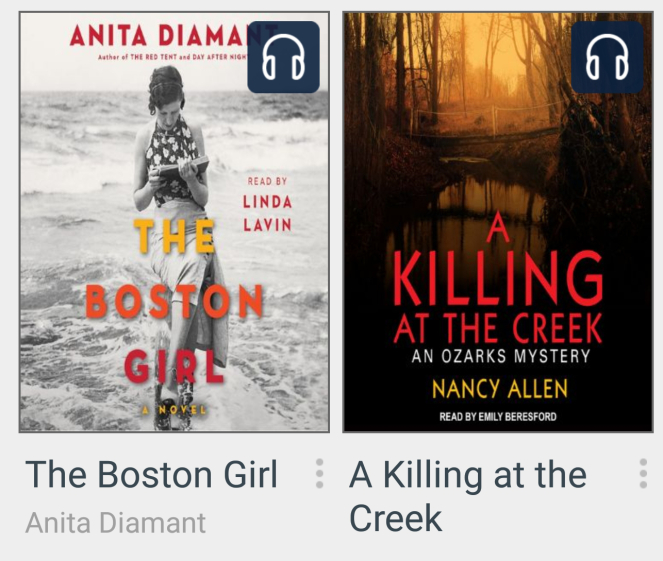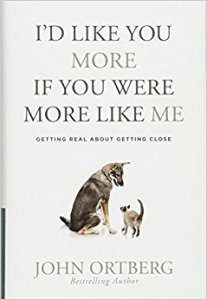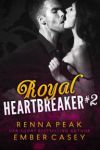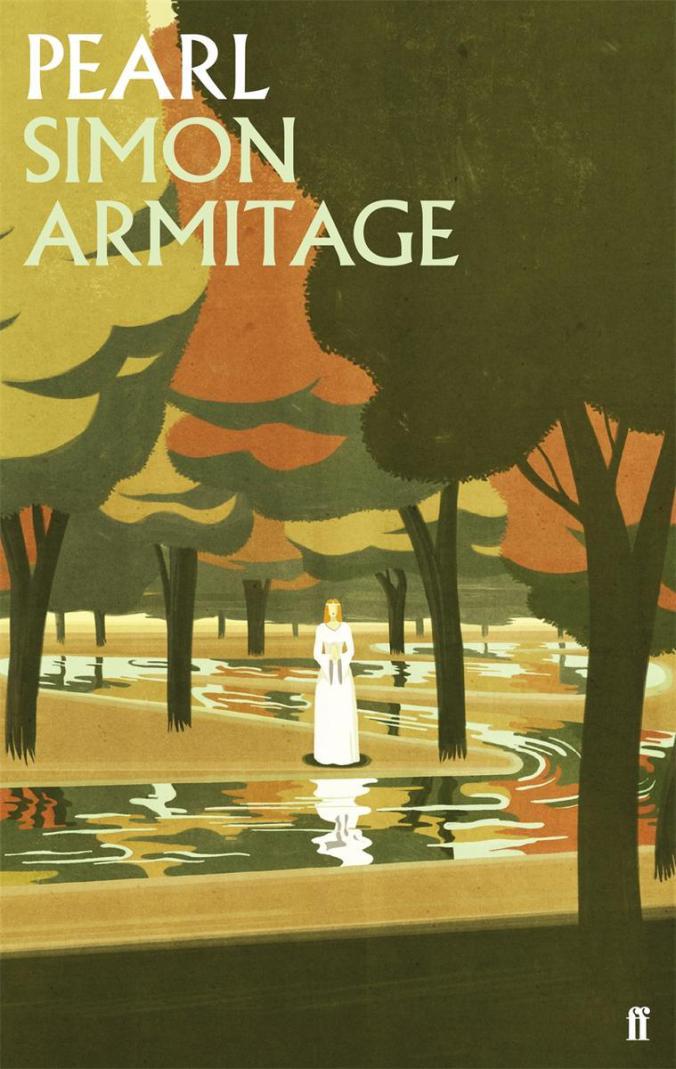
Pearl by Simon Armitage (1 Jun 2017)
Pearl is an entrancing allegorical tale of grief and lost love, as the narrator is led on a Dantean journey through sorrow to redemption by his vanished beloved. Retaining all the alliterative music of the original, a Middle English poem thought to be by the same anonymous author responsible for Sir Gawain and the Green Knight, Pearl is here brought to vivid and intricate life in the care of one of the finest poets writing today.

Proprietary by Randall Mann (13 Jun 2017)
For years, Randall Mann has been hailed as one of contemporary American poetry’s most daring formalists, expertly using craft as a way of exploring racy subjects with trenchant wit and aplomb. His new collection, Proprietary, depicts with the insights of a longtime insider the culture of corporate America, in which he’s worked for years, intertwined with some of his tried-and-true subjects, including gay life in the wildly disparate worlds of San Francisco and northern Florida.

Hothouse by Karyna McGlynn (13 Jun 2017)
Karyna MyGlynn takes readers on tour through the half-haunted house of the contemporary American psyche with wit, whimsy, and candid confession. Disappointing lovers surface in the bedroom; in the bathroom, -the drained tub ticks with mollusks & lobsters;- revenge fantasies and death lurk in the basement where they rightly belong. With lush imagery and au courant asides, Hothouse surprises and delights.
Karyna McGlynn is the author of I Have to Go Back to 1994 and Kill a Girl and three chapbooks. She is currently a Visiting Assistant Professor of Creative Writing and Translation at Oberlin College.

The Me Theme by Doug Nufer (1 Jul 2017)
Poetry. In this dazzling cycle of poems, Doug Nufer, wizardly author of poetry and prose works based on formal constraints, starts with a simple constructive rule, exemplified by its title: present a sequence of letters, grouped into a word or words; follow it by the same sequence, differently grouped; repeat. This foundational principle, ruthless in its purity, gives rise, like a jazzy passacaglia, to the most diverse forms, whose endless variations murder and reproduce like cellular automata creeping across the page. In the mind and ear of the reader, meanings, rhythms and sounds burst into dizzying presence and are swept away with ebullient panache. Nufer’s art here is a high-energy high- wire act of wit, joining formal severity with frivolity and making stops at all points in between. Don’t be afraid, Reader, to take the local and spend some time on this tour, bar-hopping with your precise yet whimsical guide across an initially alien but ultimately friendly and stimulating space–you will end up welcoming the cheerful pop of your newly effervescent brain exploding.
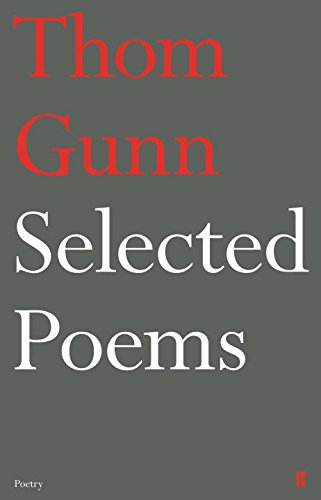
Selected Poems of Thom Gunn (6 Jul 2017)
Thom Gunn has been described as ‘one of the most singular and compelling poets in English during the past half-century’ (TLS). This Selected Poems, compiled by his friend Clive Wilmer and accompanied by insightful notes, is the first edition to represent the full arc of Gunn’s inimitable career.
‘The poetry of Thom Gunn was much admired in his lifetime, and at the same time often misunderstood and underestimated. The scale of his achievement, and its uniqueness – a masterful Elizabethan lyric poet writing in the second half of the twentieth century – is just now becoming properly appreciated. Anonymous in voice, even in the service of the most intimate subject matter, acute in observation, particularly the urban experience, with San Francisco the principal site, Gunn is not merely the poet of the druggy ’60s in California or the plague of the AIDS epidemic, but of the deeper-running themes, shared by Shakespeare, Baudelaire, William Carlos Williams and all his greatest exemplars, of the artist’s moral and imaginative engagement with the world as it actually is, in the broadest possible sense, not as contemporary fashion might have it be. Which strikes me, who knew and loved the man and poet, as a kind of heroism.’ August Kleinzahler
‘Thom Gunn smuggled the lyric tradition out of post-war Britain, and gave it cool, gracious renaissance in California. His poetry evokes the wild life of the body with madrigal-like elegance.’ Fiona Sampson
‘Gunn’s work illustrates with unusual clarity some of the debates poetry in English has pursued in [the twentieth] century – form versus improvisation, diction versus talk, the American way versus the English tradition, even, at times, authenticity versus art. To contain these contradictory impulses and . . . to have generated a body of work which anybody wanting to understand the period and identify some of its best poems will find essential reading – this is quite an achievement.’ Sean O’Brien
Advertisements Share this:

